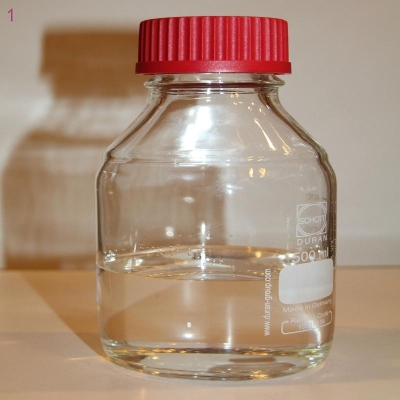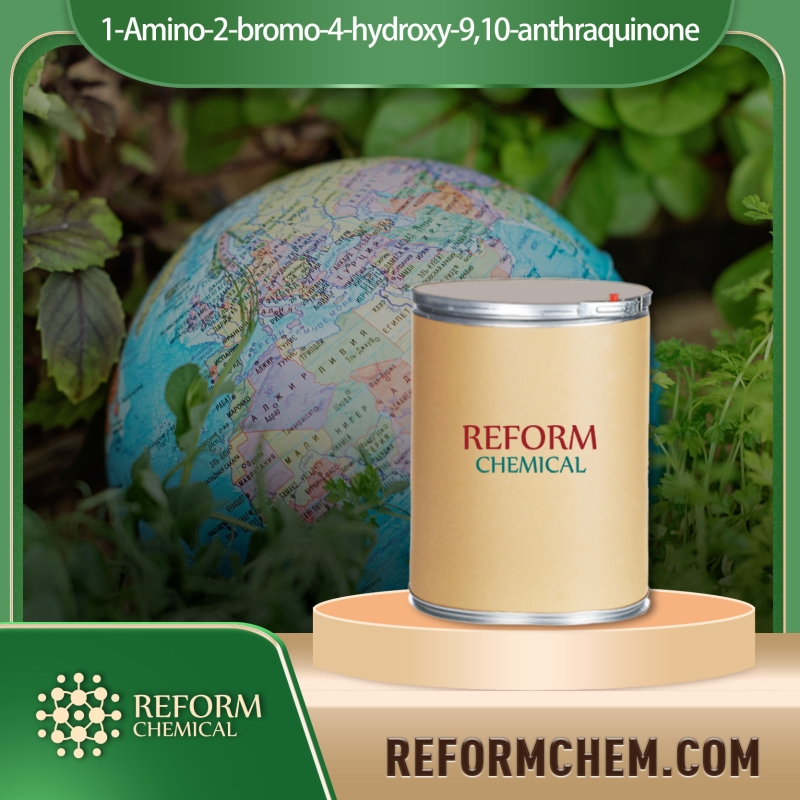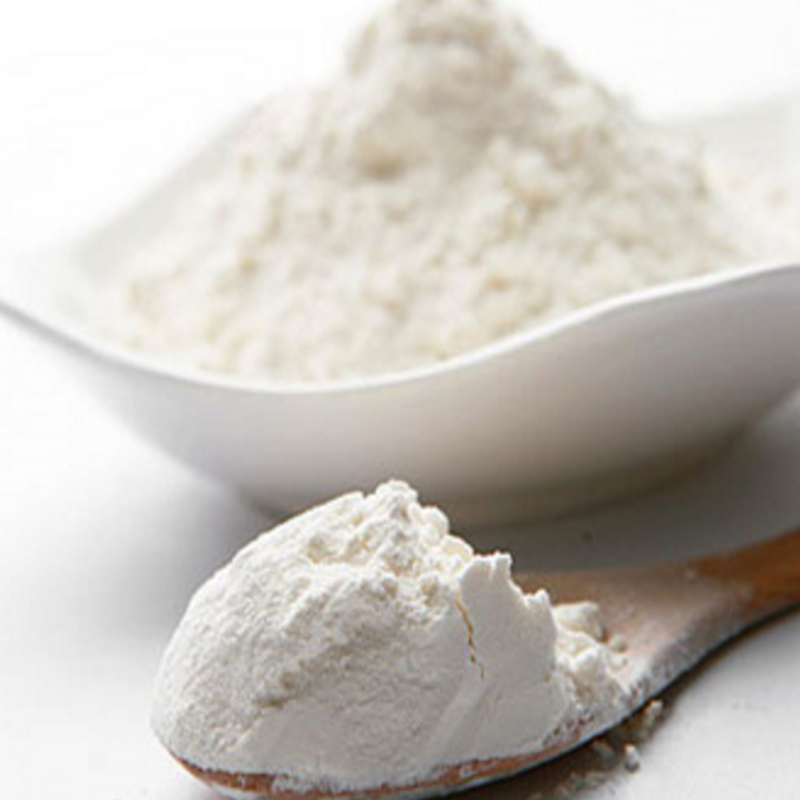-
Categories
-
Pharmaceutical Intermediates
-
Active Pharmaceutical Ingredients
-
Food Additives
- Industrial Coatings
- Agrochemicals
- Dyes and Pigments
- Surfactant
- Flavors and Fragrances
- Chemical Reagents
- Catalyst and Auxiliary
- Natural Products
- Inorganic Chemistry
-
Organic Chemistry
-
Biochemical Engineering
- Analytical Chemistry
-
Cosmetic Ingredient
- Water Treatment Chemical
-
Pharmaceutical Intermediates
Promotion
ECHEMI Mall
Wholesale
Weekly Price
Exhibition
News
-
Trade Service
Diazolidinyl urea (DU) is a common preservative used in the chemical industry, particularly in personal care products such as shampoos, conditioners, and bubble baths.
As a powerful preservative, DU is known for its effectiveness in preventing the growth of microorganisms, which can cause spoilage and contamination.
In this article, we will discuss the instruction of diazolidinyl urea in the chemical industry.
First, let's start with the definition of diazolidinyl urea.
It is a synthetic preservative that is commonly used in personal care products.
It is known for its broad-spectrum antimicrobial activity, which means it can effectively kill a wide range of microorganisms, including bacteria, yeast, and mold.
One of the key benefits of using diazolidinyl urea as a preservative is its long shelf life.
Because it is effective at killing microorganisms, it can help to prevent the growth of bacteria and other microorganisms, which can cause contamination and spoilage.
This can help to extend the shelf life of personal care products, which is important for companies that produce and sell these products.
Another benefit of using diazolidinyl urea is that it is a stable and non-irritating ingredient.
This means that it is safe to use in personal care products, even in high concentrations.
Additionally, it is not known to cause any allergic reactions or other adverse effects, which is important for people who have sensitive skin or other health concerns.
In terms of usage, diazolidinyl urea is typically added to personal care products at a concentration of 0.
1-1.
0%.
This concentration range is effective at preventing the growth of microorganisms, while still being safe for use in personal care products.
However, the exact concentration used will depend on the specific needs of the product and the target market.
When it comes to the instruction of diazolidinyl urea, there are a few key things to keep in mind.
First, it is important to ensure that the product is stored and handled properly.
This means keeping it away from direct sunlight and moisture, and storing it in a cool, dry place.
Additionally, it is important to avoid contaminating the product with other substances, such as grease or oils.
Another important consideration is the shelf life of the product.
As mentioned earlier, diazolidinyl urea is effective at preventing the growth of microorganisms, which can help to extend the shelf life of personal care products.
However, it is important to monitor the product's shelf life and use appropriate packaging and storage methods to ensure that it remains stable and effective.
In terms of regulation, diazolidinyl urea is considered a safe and effective preservative for use in personal care products.
It is approved for use in a wide range of products, including shampoos, conditioners, bubble baths, and other personal care products.
However, it is still important to follow all relevant regulations and guidelines when using this preservative, including any labeling requirements and restrictions on use in certain products or countries.
In conclusion, diazolidinyl urea is a powerful and effective preservative that is commonly used in the chemical industry, particularly in personal care products.
Its long shelf life, stability, and non-irritating nature make it an attractive option for companies that produce and sell personal care products.
When using diazolidinyl urea, it is important to follow proper handling and storage instructions, monitor the product's shelf life, and comply with relevant regulations and guidelines.







